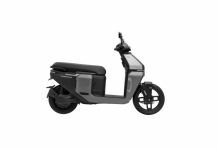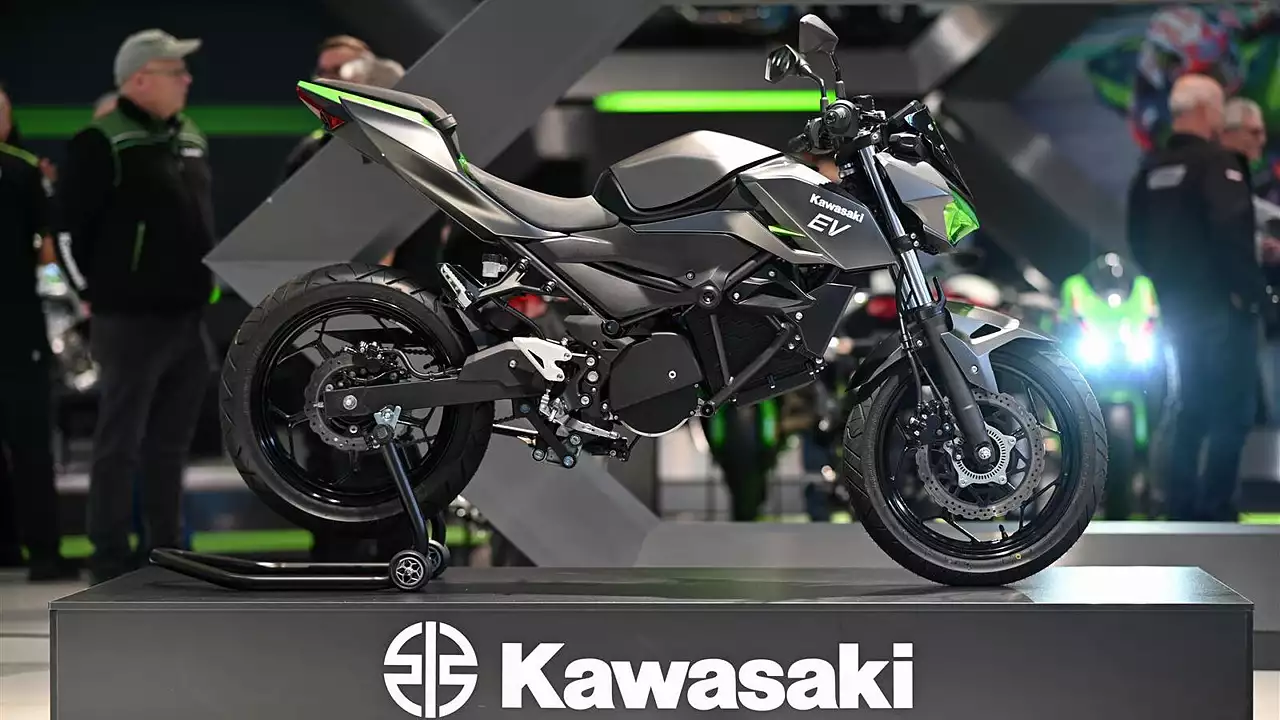The decision by Skoda to introduce an affordable electric vehicle (EV) in the Indian market is significant.
Here are the top key points about Skoda’s upcoming affordable EV in India:
- Price: Skoda is targeting a price of under Rs 20 lakh for its affordable EV.
- Body style: The EV is expected to be offered in an SUV body style.
- Platform: Skoda has not yet finalized the platform for its entry-level EV, but it could employ the front-wheel drive MEB21F platform.
- Partnerships: Skoda is in talks with potential partners, including Mahindra, to jointly develop the EV.
- Launch timeline: The launch of Skoda’s affordable EV is expected to take at least 2-3 years.
Here’s a breakdown of the key takeaways from the provided information:
- Market Strategy: Skoda’s intention to bring an affordable EV to India indicates that the company sees a significant market opportunity in the country. Given India’s push towards cleaner transportation and increasing demand for EVs, Skoda wants to tap into the segment that is price-sensitive and is looking for options below the premium Enyaq.
- Pricing: Targeting a price of under Rs 20 lakh (or between €15,000 to €20,000) is aggressive and will make the EV accessible to a broader segment of the Indian population. This price range is competitive and can make a significant impact on EV adoption rates in the country.
- Platform & Collaboration: Skoda is still in the decision-making process regarding the platform for its entry-level EV. Their consideration of either adjusting the MEB platform or collaborating with another partner like Mahindra indicates flexibility and a desire to optimize cost and performance. Joint ventures can help reduce R&D costs and leverage the strengths of both companies.
- MEB21F Platform: The potential choice of the front-wheel drive MEB21F platform for the affordable EV indicates a focus on cost optimization. With its more effective cooling loops and shorter wiring harnesses, it could result in a more affordable manufacturing process. Additionally, the ability to support 50 kWh and higher battery capacities suggests that the vehicle will likely offer a decent range, catering to the range anxiety that potential EV buyers might have.
- Timeline: While a precise launch date is not provided, a 2-3 year timeline is typical for car development. It provides adequate time for design, testing, and production setup.
Given the rapid growth of the Indian EV market and the government’s push for greener transportation options, Skoda’s entry into this segment could be a game-changer, especially if they manage to deliver on the promised price point while ensuring good performance and reliability.
ads botom































